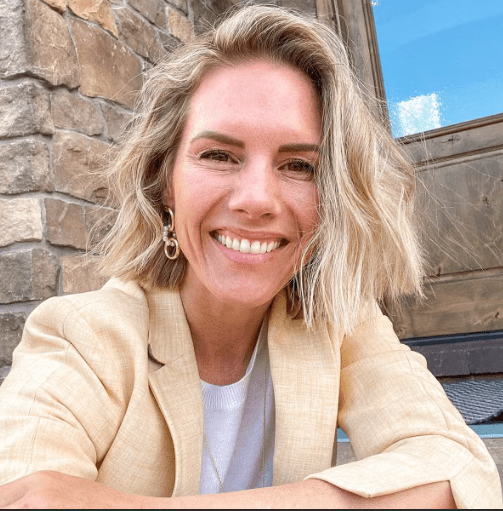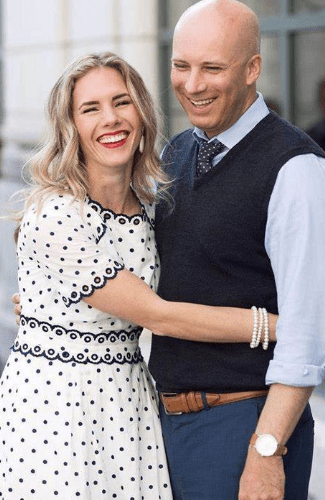Mother and family YouTube creator Ruby Franke was this week sentenced to 30 years in prison after pleading guilty to four counts of aggravated child abuse.
Franke came under fire from viewers many times throughout her time on YouTube for her controversial parenting, which included videos of withholding food from the children, or sharing she made her son sleep on a bean bag for seven months after pranking his younger brother.
In court, prosecutor Eric Clarke said “the children were regularly denied food, water, beds to sleep in, and virtually all forms of entertainment”.

Now, nine years after the channel started, Franke and her friend and business partner Jodi Hilderbrandt are going to prison.
Family channels are very popular on YouTube, with millions of subscribers. They feature the intimate lives of a family, are most often run by the mothers and focus on everyday family life: school, food, parenting, and occasionally discipline.
Family channels have been consistently scrutinised by the media and others online for sharing the lives of children online without their consent. While the Franke case is an extreme example, it raises important questions about sharing children’s lives online.
‘Sharenting’
Parents sharing – or, more often, oversharing – information about their children online has been called “sharenting”. Sharenting allows parents to publicly post about their children and receive praise and validation, while also providing a sense of community. Many parents online share information in low-risk ways on their private social media accounts.
However, when influencers share their children to their massive public platforms, the risks are magnified.
Researchers worry about how this level of sharing is taking away agency from children and how it creates an online life story for them to which they cannot consent. There are also real risks of sharing children to potential predators online, with concerns about videos being saved or embedded into unsavoury websites.
To combat some of these risks, YouTube recommends parents turn off the embedding function on videos as part of its best practice guide for content with children.
In one case, YouTuber Allison Irons took her children off her channel after looking at her analytics and realising her videos were being embedded onto websites for paedophiles. After turning off the embedding function, her male viewership dropped from 40% to 17%.
Outside of legal issues, YouTube is largely a self-policing platform, where users and content creators dictate what is appropriate content within their own communities.
There have been multiple cases in which the community has decided the actions of a family channel have been inappropriate. The YouTube channel DaddyOFive shocked the community when the parents were shown “pranking” their children on camera, in a way many interpreted as abuse. The channel is no longer active.
Similarly, Myka and James Stauffer received severe backlash after posting videos about giving up their adopted child after making multiple videos sharing his face and name with their followers.
But it’s not just children of influencers who are concerned about their lives being shared online. A survey conducted in 2020 found “children were generally quite negative toward sharenting” and all children in the survey wanted their parents to ask for permission before posting content of them online.

The case against 8 Passengers
Ruby Franke and husband Kevin Franke began their YouTube channel, 8 passengers, in 2015. The channel featured the couple and their six children. At the height of the channel, they had 2.5 million subscribers and 1 billion channel views. The channel was deleted in 2022 after a series of controversies involving the channel. Ruby and Kevin have since separated.
A 2020 petition called for an investigation into the Franke parents based on elements of their videos, including one in which Ruby Franke refused to drop lunch off at school for her six-year-old daughter, stating it was her responsibility to bring food and teachers were not allowed to feed her.
In 2023, one of Franke’s young children “escaped”, according to media reports, and asked a neighbour for help, who then contacted the police, leading to this month’s court hearing.
The court heard the children had been victims of severe corporal punishment, including removal of food and bedding, and physical punishments such as being made to perform wall-sits or do manual labour in harsh weather.
Of course, not all family vloggers are the same as 8 Passengers. However, we do need to consider the ethical ramifications of sharing children online and the rights of all children on family channels.
What should family vlogging look like?
The landscape of family channels on YouTube is changing. In 2021, France implemented a law to protect the income of children online. In the United States, the Children’s Online Privacy Protection Act came into effect in 2021.
The world of sharing your child online is ethically complex. Sharenting could impact the development of a child’s identity formation and sense of self.
It’s imperative parents be aware of the dangers of public sharing and take the necessary steps to protect their children. Ask permission before sharing your children online, and consider the long-term effects of curating an online life for them. For more research on online child safety and education, parents should consult the Centre of Excellence for the Digital Child.

